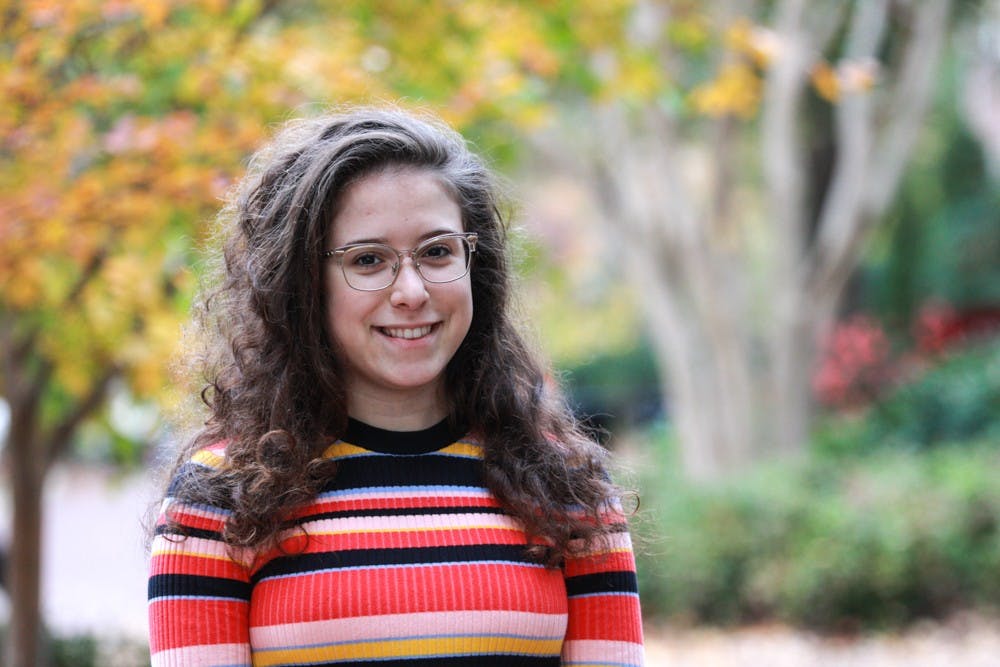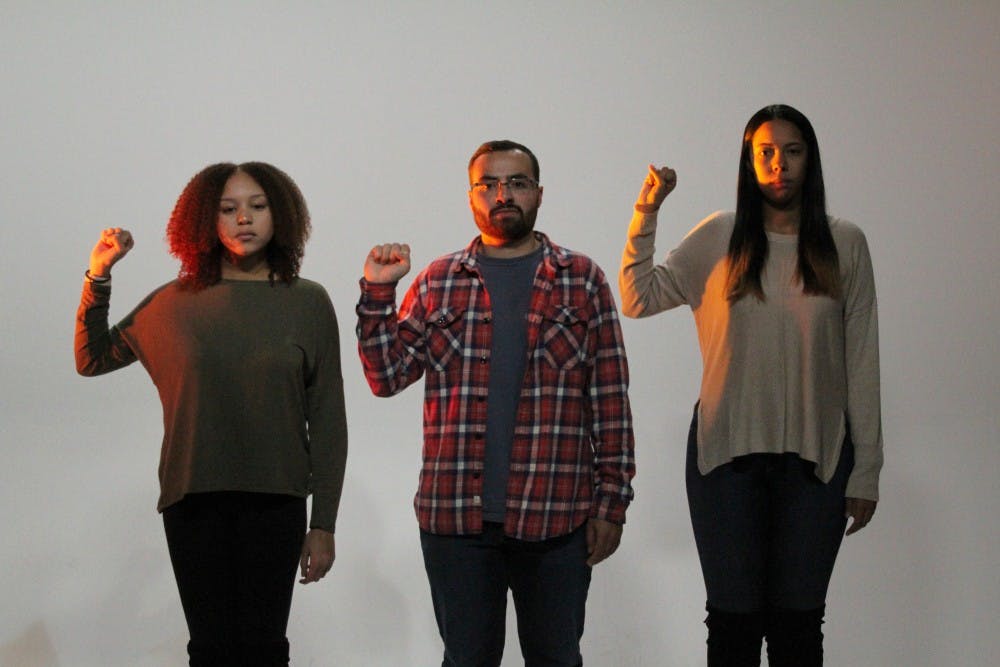Though the three founders of Elon University’s Native American Student Association (NASA) graduated last spring, dedicated students and faculty are working to save a space for Native-identifying students on campus.
NASA was formally founded in the spring of 2018 by Arielle Watkins ’18, Bear Tosé ’18 and Xena Burwell ’18, but the club was visualized several years beforehand. According to Paula Patch, a senior lecturer in English and the club’s faculty adviser, the three students conceptualized NASA and laid the groundwork for the club in their freshman year. But they never saw their work fully develop until they were “literally walking out
the door.”
Patch said the delay in the club’s founding may have been because the students didn’t find an adviser for their organization until she volunteered for the position.
“What happened was the organization existed in idea form, but once they had an adviser, they were able to apply to be an organization,” Patch said. “So they went through the application process, so they got the probationary status, and the initial application went through, and I guess we found out about sometime in late spring. Then after that, to become a full organization, they had to create bylaws and put into place the organization structure, so this fall is its first semester as an official organization.”
Though NASA has been officially registered as an organization, Patch said filling it with members has been challenging. According to Elon’s 2017-2018 Fact Book, students who self-identify as American Indian make up 0.1 percent of Elon’s undergraduate population — or 8 students.
“So what’s interesting is it is a tiny organization because all three founding members graduated, two of the people who have been involved in getting it started are abroad, so then one person has stepped up to do the work,” Patch said. “We kind of have an organization of one student and maybe fewer than five who are interested right now, which is OK. We’re keeping it going.”
That one student is Sophia Diaz, a junior, who has taken over as NASA’s president. She never planned on spearheading the organization, but is now working to find more club members and plan events.

“It’s like a little flame I’m just trying to keep alive right now,” Diaz said.
Diaz was involved in the initiatives last year. Then, when she was the only one of the group on campus over the summer, the baton was passed, and they asked her to take over as president.
“I’d love to dedicate time to this or find more people who can dedicate time to this,” Diaz said.
Many of the club’s upcoming events, such as College Coffee tables and a possible trip to the American Indian Heritage Celebration in Raleigh, align with the university’s efforts to celebrate National Native American Heritage Month this November. Events include film screenings, guest lectures and a basket weaving demonstration, which took place on
Nov. 7.
“I think Elon’s making major efforts to provide a space and an environment for diversity to flourish,” Diaz said. “I think the networks and the areas and the resources of support are there. It’s just a matter of getting more students and faculty into the system.”
But Patch’s focus is on education, not event planning. She hopes to keep NASA’s focus on education, advocacy and supporting Native-identifying students. This student-centered approach led to a graduation celebration for the club’s three founding members last spring through the Center for Race, Ethnicity and Diversity Education (CREDE), which captured the attention of President Connie Book, Jon Dooley, top administrators in the CREDE and representatives from the local Occaneechi Band of the Saponi Nation.
The event prompted Book to begin researching the Native American history of Elon. She mentioned the founding members’ ceremony in her 2018 convocation speech, as well as her opening speech to the faculty at the start of the 2018-2019 academic year. Patch is confident in NASA’s unique approach to advocacy.
“Because of the marginal, sometimes misunderstood, location of Native America in general, I am actually pretty comfortable with the organization starting small and doing things in a different way,” Patch said. “I don’t think it has to match the traditional ways of doing and being an organization at Elon.”
“One of the main missions that the students who graduated had was that they wanted to create a space for Native-identifying students,” Patch said. “Our job is to hold that space, and that’s what we’re doing. It doesn’t have to generate money. It doesn’t have to generate attention. We’re holding that space for those people.”


